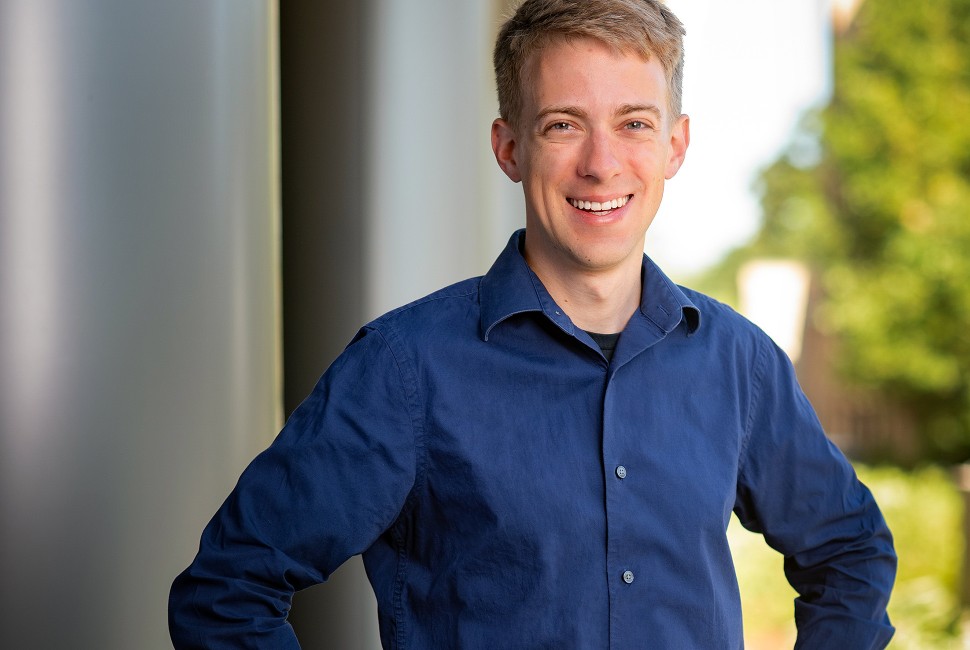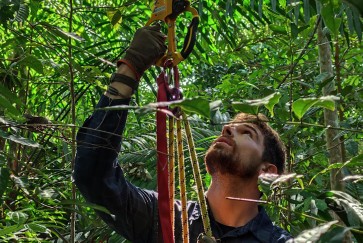Matthew Coile has been passionate about science for as long as he can remember.
“Science is fascinating,” he said, “and there’s always another new and exciting challenge to take on.”
A Northwestern graduate student in chemical engineering, Coile is focused on designing highly recyclable plastics. He works in the lab of Linda Broadbelt, the Sarah Rebecca Roland Professor and associate dean for research at the McCormick School of Engineering.
“Every time I have a discussion with Linda, she says something insightful and impactful,” Coile said.
He utilizes computational tools to design highly recyclable polyurethanes, the sixth-most produced class of plastics globally. While the top five plastics are easily recyclable, most polyurethanes are thermosets, composed of permanent crosslinked polymer structures that prevent them from being melted and remolded. As a result, much of the material is unrecyclable and ends up in landfills.
A new avenue of scientific research, however, aims to create polymer networks that can undergo triggerable, reversible reactions and be reconfigured, allowing the material to re-equilibrate to a new state.
Science is fascinating, and there’s always another new and exciting challenge to take on.”
Coile uses computational models to determine the optimal conditions and monomer combinations to design such “covalent adaptable networks” or, in other words, recyclable thermosets. The ability to reuse polyurethanes would have significant environmental and economic benefits, with real-world applications from recyclable shoe soles to mattresses.
In 2019, he received the Ryan Fellowship for students dedicated to the exploration of fundamental nanoscale science. The Patrick G. and Shirley W. Ryan Family Fellowship in Nanotechnology prepares top graduate students like Coile to assume leadership roles in academia and industry.
The fellowship program was established in 2007 through a generous gift from the Patrick G. ’59, ’09 H and Shirley W. Ryan ’61, ’19 H (’97, ’00 P) Family. Over the last 15 years, 212 fellows have been funded from 10 different departments across multiple disciplines. More than 90 percent of former Ryan Fellows are now working in industry or academia. The remaining fellows have careers with governmental agencies, national laboratories, hospitals, or nonprofit organizations.
Coile, originally from Gaithersburg, Maryland, has enjoyed networking opportunities through the Ryan Fellowship, connecting with other scientists and even taking on a project with the Chicago-based Archer-Daniels-Midland Company before his Ph.D. program started.
“It’s given me valuable experiences and connections that have helped in my Ph.D. research and beyond,” he said.
In addition to the Ryan Fellowship, he earned a National Science Foundation Graduate Research Fellowship.
Beyond his current research ambitions, Coile said he hopes to one day lead a group of his own at a national lab focused on chemical engineering challenges.


